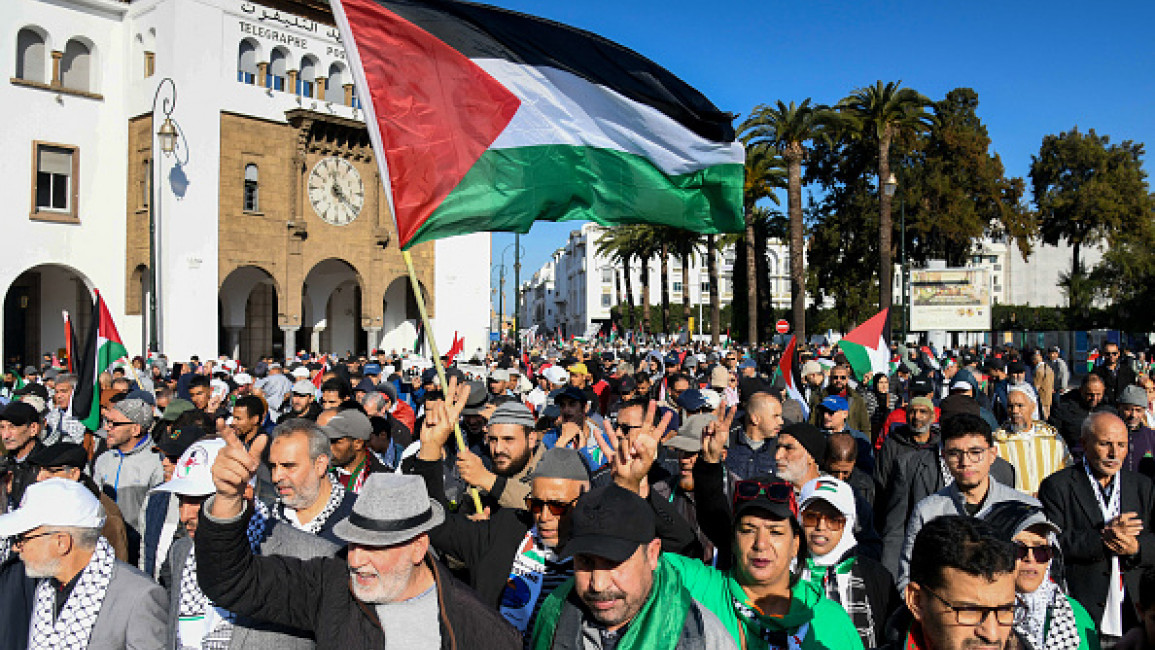Morocco reaffirms ban on Jihad calls in mosques amid growing political sensitivity

The Moroccan government has reiterated its firm stance on the role of imams in political matters, particularly in relation to the Palestinian issue.
In a recent address to the Chamber of Representatives, Ahmed Toufiq, the Minister of Endowments and Islamic Affairs, emphasized that imams are strictly prohibited from calling for jihad or holy war from within mosques.
While the minister acknowledged the legitimate condemnation of injustice and brutality, he underscored that such calls to action would have serious consequences.
“Jihad is a responsibility that falls under the state’s purview, not that of the imams,” Toufiq stated.
He clarified that undertaking jihad requires specific resources and a clear mandate from the government, rather than being the domain of religious leaders.
This clear-cut position aims to prevent mosques from becoming centers for political propaganda or violence.
The government’s directive stresses that the Palestinian conflict is a political issue, not a religious one, and imams must focus on their spiritual roles rather than engaging in political discourse.
The announcement comes after some members of the Moroccan parliament, including Nabila Mounib of the Unified Socialist Party, questioned the limits of religious leaders’ involvement in discussing the Israeli-Palestinian conflict.
In response, the government has moved to firmly establish the boundaries of imams’ influence in addressing sensitive political topics.
The decision marks a significant effort by the Moroccan state to maintain a separation between religion and political activism, reinforcing its commitment to stability and avoiding the potential for incitement within religious institutions.
About The Author
dailymailafric
I am an avid African news observer, and an active member of Daily Mail Africa.
I’m Passionate about staying informed on diverse topics across the continent,
I actively contribute to publishing on political, economic and cultural developments in Africa.



